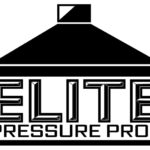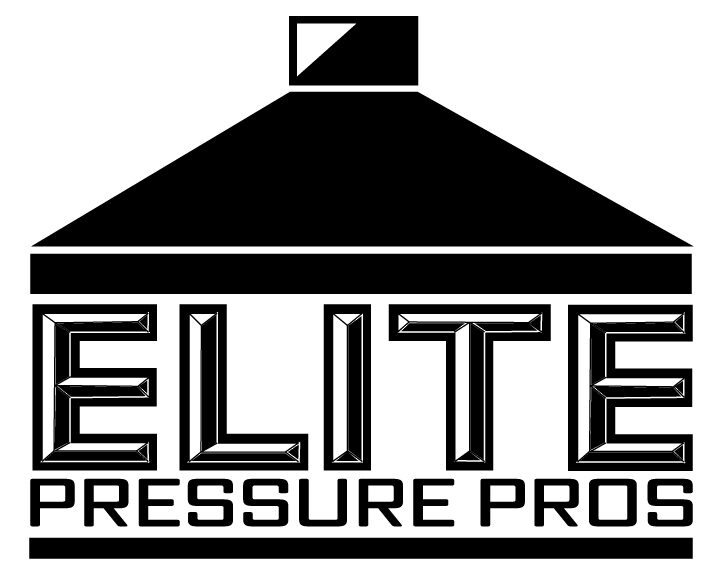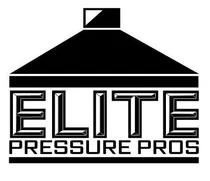To maintain an Elite standard in any commercial kitchen, understanding the “why” and “how” of maintenance is just as important as the service itself. This expanded guide provides a comprehensive look at the critical nature of hood cleaning frequency and exterior facility care.
The Definitive Guide to Commercial Hood Cleaning Frequency and Facility Safety
In the high-stakes world of the hospitality industry, the daily grind can often overshadow the critical systems that keep your doors open. While you and your staff likely focus on visible cleanliness—wiping down prep tables and mopping floors—there is a hidden world of maintenance that is far more vital to your business’s survival. Deep within your kitchen’s lungs lies a complex network of hoods and ducts that, if neglected, can become your greatest liability.
For many property managers and restaurant owners, commercial hood cleaning is often viewed as a “check-the-box” task. However, the frequency of this service is not a suggestion—it is a life-safety requirement. This guide breaks down why frequency matters, the legal standards you must follow, and how to spot the red flags before they turn into emergencies.
Why Frequency Matters: The Science of Grease
Every time a burger hits the flat top or a basket of fries enters the oil, microscopic grease vapors are pulled into your exhaust system. As this hot air travels through the cooler ductwork, the grease condenses. Over days and weeks, this condensation turns into a thick, flammable sludge.
1. The Fire Hazard
If grease is allowed to sit too long, it becomes a “ticking time bomb.” A single flare-up on the grill can ignite the residue in the filters, sending a fire traveling through your ducts at incredible speeds. This is exactly what fire marshals are looking for during surprise inspections. They aren’t looking at your floors; they are looking at the “fuel load” inside your vents.
2. Operational Efficiency
Clogged systems lead to weaker airflow. When air can’t move, your kitchen gets hotter, smoke lingers in the air, and unpleasant odors begin to drift into the dining room. Furthermore, your exhaust fan has to work twice as hard to pull air through a restricted duct, which spikes your energy bills and leads to premature motor failure.
3. Legal and Insurance Compliance
Staying compliant with NFPA 96 is not just about avoiding fines. If a fire occurs and your records show you skipped your scheduled cleanings, your insurance provider may have grounds to deny your claim, leaving you responsible for the total loss of the building.
Decoding NFPA 96: The National Standard
The National Fire Protection Association (NFPA) Standard 96 is the “law of the land” for commercial cooking operations. The schedule it dictates isn’t one-size-fits-all; it is based on your specific cooking volume and the type of fuel you use.
- Monthly Cleaning: Essential for high-volume operations using solid fuels like wood or charcoal (e.g., wood-fired pizza ovens).
- Quarterly Cleaning: The benchmark for high-volume 24-hour diners, heavy frying operations, or high-output woks.
- Semi-Annual Cleaning: Typically required for moderate-volume kitchens with a standard à la carte menu.
- Annual Cleaning: Reserved for low-volume facilities like churches, community centers, or seasonal snack bars.
Beyond the Kitchen: The “Elite” Exterior Standard
While the interior safety of your kitchen is paramount, the exterior of your facility is what greets your customers first. A clean hood system should be complemented by a pristine property.
Commercial Building Washing
Your building’s facade is constantly exposed to environmental pollutants, bird droppings, and urban grime. Regular building washing and storefront cleaning protects your masonry and siding from long-term damage while signaling to customers that you prioritize quality. Concrete and brick are porous; if you allow dirt to sit, it can lead to permanent staining and structural degradation.
Drive-Thru and Entryway Maintenance
The drive-thru is often the highest-traffic area of a restaurant, and consequently, the dirtiest. Heavy tire marks and oil leaks from idling cars create an uninviting and potentially slippery environment. Our specialized drive-thru cleaning utilizes industrial hot water to break down these hydrocarbons, ensuring your “profit lane” stays safe and professional.
Sanitation and Dumpster Pads
Perhaps the most overlooked area of any commercial property is where the waste goes. Neglected dumpster pad cleaning leads to foul odors and pest infestations. Because these areas are often near kitchen entrances, keeping them sanitized is a critical step in your overall pest management strategy.
Total Exterior Restoration
For property managers overseeing large complexes, a holistic approach to commercial exterior cleaning is essential. This includes sidewalks, loading docks, and common areas. We utilize high-flow systems to remove gum and organic growth, ensuring that your entire property meets the “Elite” standard.
Conclusion: Protecting Your Reputation
Understanding and following the correct cleaning frequency is the foundation of a successful commercial operation. Ignoring the buildup in your ducts or the grime on your sidewalks is a risk that can lead to fines, fires, and a damaged reputation.
Elite Pressure Pros specializes in high-heat, high-standard commercial maintenance. We provide the documentation, photos, and “bare metal” results that keep your business breathing easy and looking its best.



